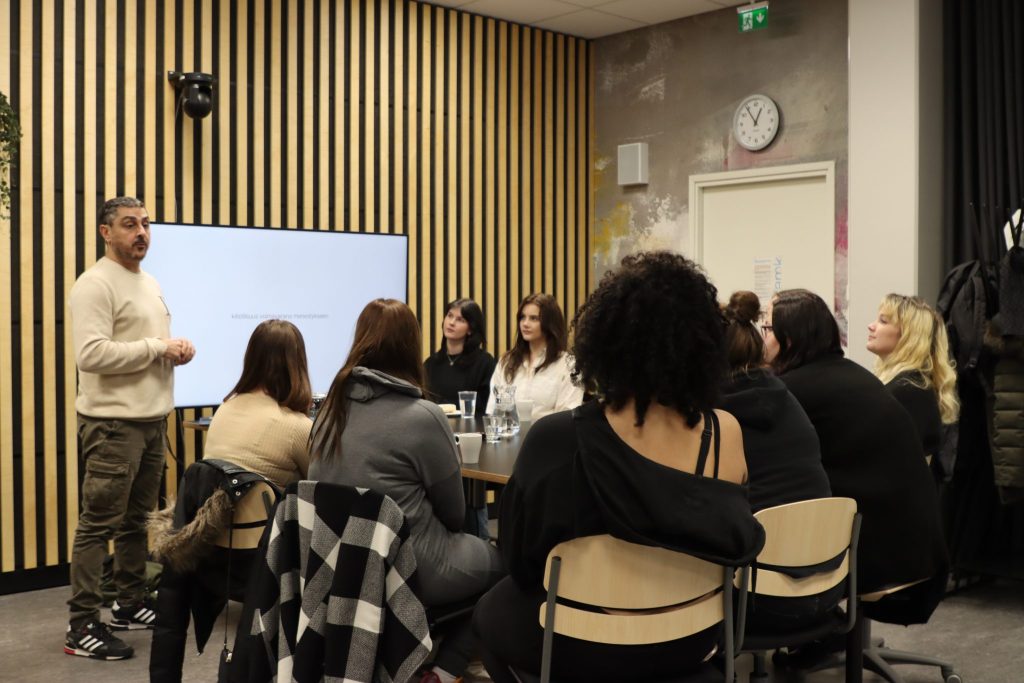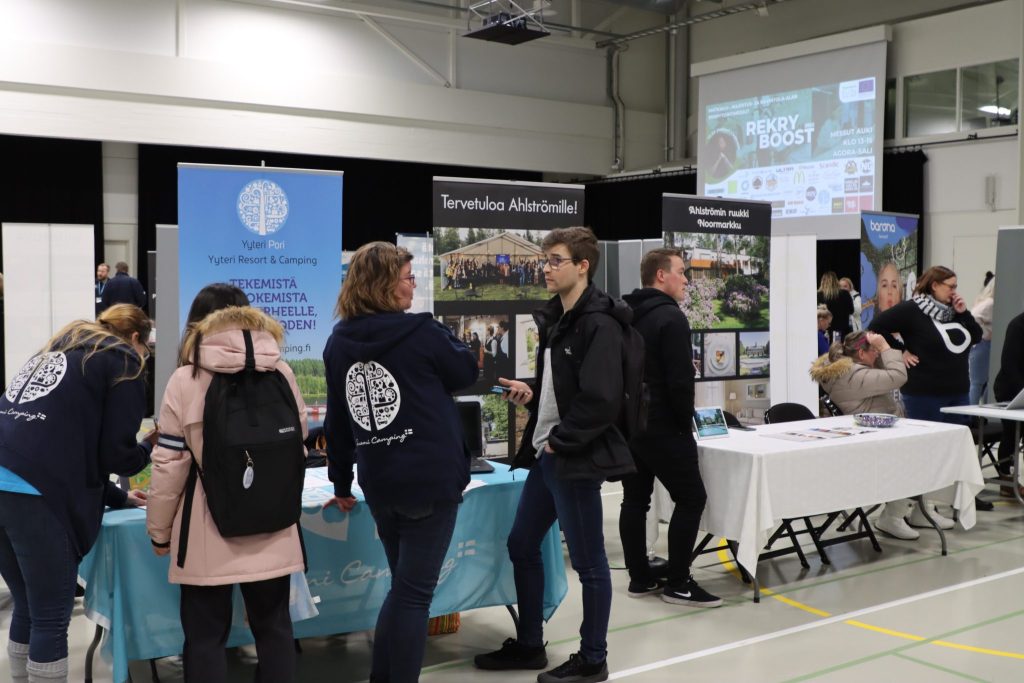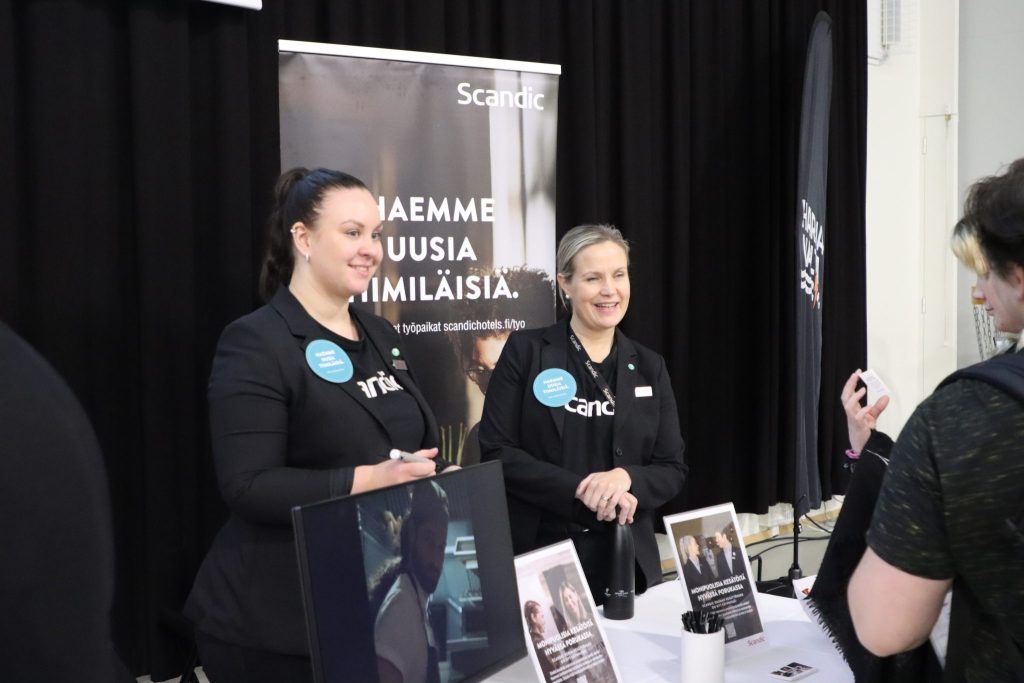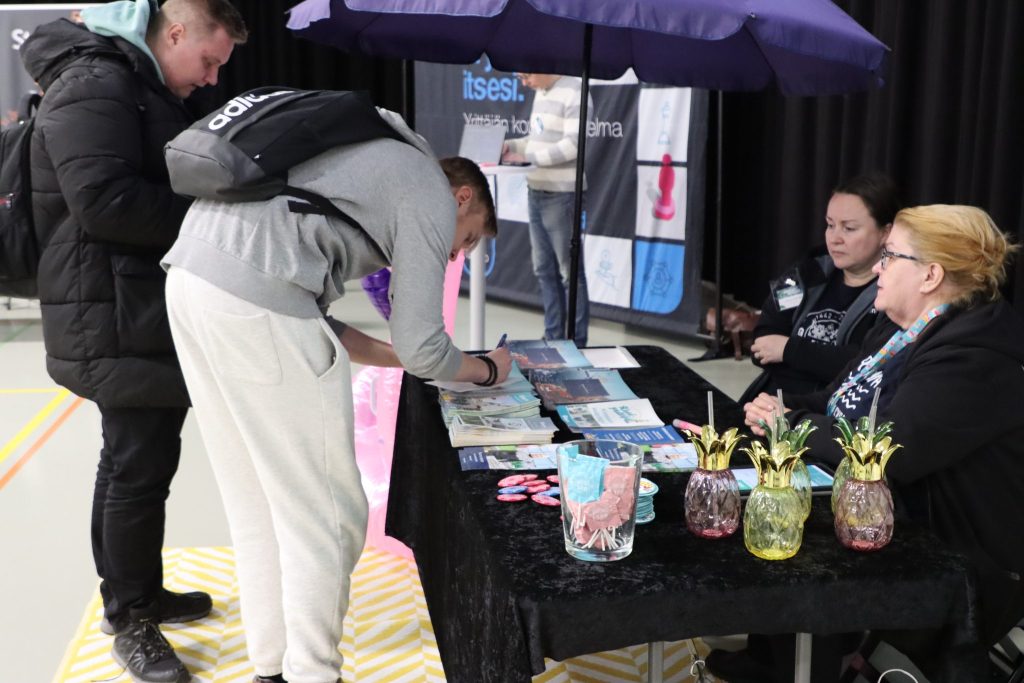We develop: REKRYBOOST 2023 – an event responding to the workforce challenges of the tourism industry
The attractiveness and, at the same time, the retention power of the tourism sector must be increased in order to respond to the labour market issues in the tourism industry. In the tourism industry, the challenges in the availability of labor vary widely and the reasons are manifold. Among other things, the location of work in rural areas, seasonality and non-standard employment relationships are challenges that are actively being actively worked on.

The tourism industry is also one of the largest employment sectors for young people, and tourism industries are easily seen as a temporary solution, especially for young people. Efforts should be made to highlight the possibilities of sustainable career paths even better, so that those already starting their careers in the field can see the diverse opportunities offered by the field.
Common solutions are needed
In addition to the companies' own efforts, in order to improve the availability and matching of labour, cooperation between different actors is necessary and should be carried out in a multidisciplinary and close manner. With the help of cooperation networks, workforce challenges can be tackled better. There are always significantly more opportunities to develop operations when working together than with any operator alone.
REKRYBOOST 2023 – the event date was organized at the beginning of February for the first time. The aim was to respond in a targeted manner to the labor challenges of the tourism industry. During the day, training for entrepreneurs and recruitment fairs targeted at the tourism industry were carried out. Different tourism actors and educational institutions showcased their operations in the event, as well as dozens of tourism employers from the Satakunta region.
For tourism entrepreneurs in the field, the morning of the event provided an opportunity training and getting tips on recruitments from Finland and abroad, as well as on utilizing social media in the recruitment process. Arman Alizad, who charmed his listeners as the keynote speaker this morning, talked about dreams and the courage to make them come true.
In the afternoon, 40 exhibitors participated in the fair offering visitors an opportunity to get information about the companies as well as their available vacancies and to meet the employers.
Meetings and networking
An important part of the whole day of the event was the encounters and networking through them. Encounters are important for companies, but also for experts and especially for future workers.
Networks are created through the meetings, which are hoped to speed up especially young people's access to jobs. As the lockdowns had a huge impact on the internships in the sector, students finishing their studies may have almost no work experience or hardly any direct contacts with companies.
Hopefully, the event day will also be organized in the future. Overall, the event day received very good feedback and, based on the feedback received, it is hoped that it will be continued. More than half of the exhibitors felt that they had networked and made new contacts, a third also said that they had reached out to potential job seekers.
The event can be used to gain positive visibility in the industry, enable networking and provide one more tool for solving workforce challenges.
Did you know?
- The availability of skilled labour is one of the key challenges on the path to business growth.
- In Satakunta, unemployment is highest in the accommodation, restaurant and tourism sectors, and at the same time there is a lot of demand for labour. The mismatch is strongly visible, especially in the restaurant sector. (Final report of the Labour Työvoimatiekartat project)
- The mismatch is accentuated in sectors with low wages and part-time or short-term employment. (Final report of the Labour Työvoimatiekartat project)
The event day was implemented as a collaboration between two projects. The #Matkaan project aims to promote the employment of young people in the tourism, accommodation and restaurant sectors affected by the coronavirus pandemic. The RestarT project increases the ability of micro and small enterprises in the tourism sector to change and adapt, as well as their immediate well-being at work in the changes caused by the coronavirus pandemic. The projects are financed by the ESF.




